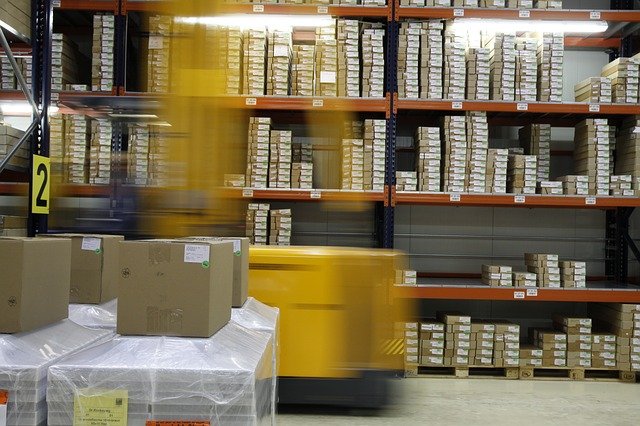
How does logistics decide the future of your startup?
In simple business terms, Logistics and Logistics management refers to managing the flow of products and materials from the point of origin to the point of consumption. It has evolved into a key business concept by now and is the joining link between customers and corporations. Systematic flow and storage of products are crucial to any business, be it a startup or a well-settled business empire. It is the most important element of the supply chain and is essential in keeping customers happy by meeting their requirements on time.

Components of Logistics
Storage and material handling
While supply is always more or less fixed, demand is always fluctuating. To meet a sudden jump in demand, manufacturers need to have surplus materials in storage readily available for production. This is where Logistics comes in and mobilizes materials stored in warehouses and makes pause-free supply possible.
Packaging
The packaging is another necessary element of Logistics, as Logistics need to pack a product into the safest shape, ready for transportation.
Inventory
Logistics keeps a record of previous sales data and uses mathematical and statistical tools to estimate the volume of future sales. It is then used to control, purchase, maintain and store inventory.
Transport
Logistics needs to keep all modes of transport, from air to road transit in consideration to make sure goods can be delivered both to the manufacturer and customers in time. It needs to be efficient and in the loop with the supply chain requirements.
Planning
This is perhaps the most vital element as it keeps all other elements of Logistics in a loop and helps implement and control smooth and efficient storage and flow of goods.
Importance of Logistics
For any type of business, Logistics holds a lot of importance. It improves supply chain efficiency and keeps all elements in a loop to ensure customers enjoy timely delivery. Ensuring customer satisfaction is what leads to brownie points for the corporation and acts as indirect marketing. Effective logistics make happy customers, and happy customers make a successful business.




